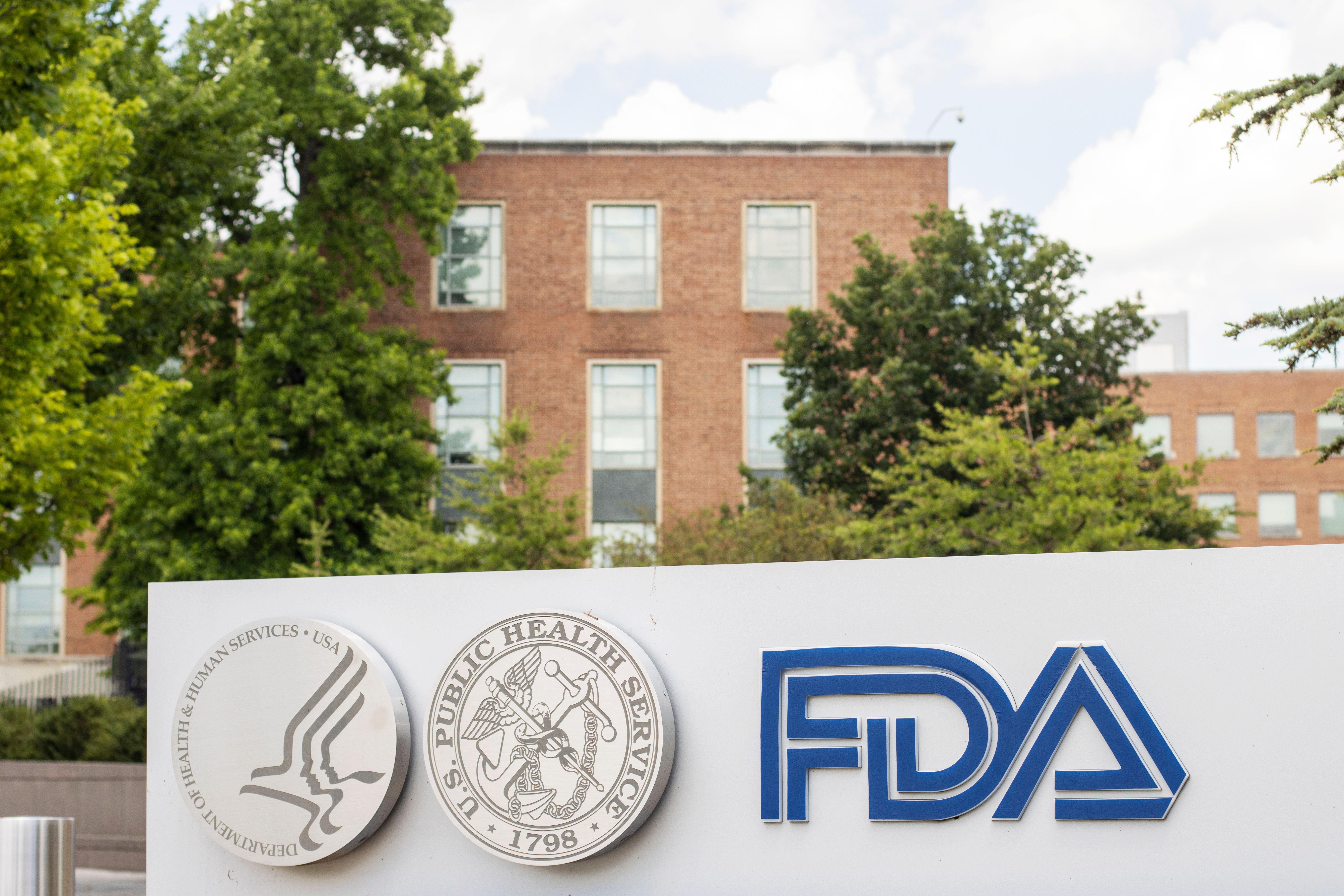- Acne
- Actinic Keratosis
- Aesthetics
- Alopecia
- Atopic Dermatitis
- Buy-and-Bill
- COVID-19
- Case-Based Roundtable
- Chronic Hand Eczema
- Chronic Spontaneous Urticaria
- Drug Watch
- Eczema
- General Dermatology
- Hidradenitis Suppurativa
- Melasma
- NP and PA
- Pediatric Dermatology
- Pigmentary Disorders
- Practice Management
- Precision Medicine and Biologics
- Prurigo Nodularis
- Psoriasis
- Psoriatic Arthritis
- Rare Disease
- Rosacea
- Skin Cancer
- Vitiligo
- Wound Care
Article
Resident tuitions could bolster academic departments
Dermatology residents paying for their own training could offer benefits for academic dermatologists, according to Noah S. Scheinfeld, M.D., St. Luke's Roosevelt Hospital and Columbia University.
Dermatology residents paying for their own training could offer benefits for academic dermatologists, according to Noah S. Scheinfeld, M.D., St. Luke's Roosevelt Hospital and Columbia University.
"I would like to explore whether or not it might be possible that, in the same way people pay for college, they might pay for their training. And if they pay for their training, this might allow us to pay higher salaries for academic dermatologists, to fund more research and to fund more positions in general," he says.
Also, the American Academy of Dermatology and pharmaceutical companies are addressing the absence of dermatologists in the U.S. market by starting grant programs, now in pilot stages.
Newsletter
Like what you’re reading? Subscribe to Dermatology Times for weekly updates on therapies, innovations, and real-world practice tips.











